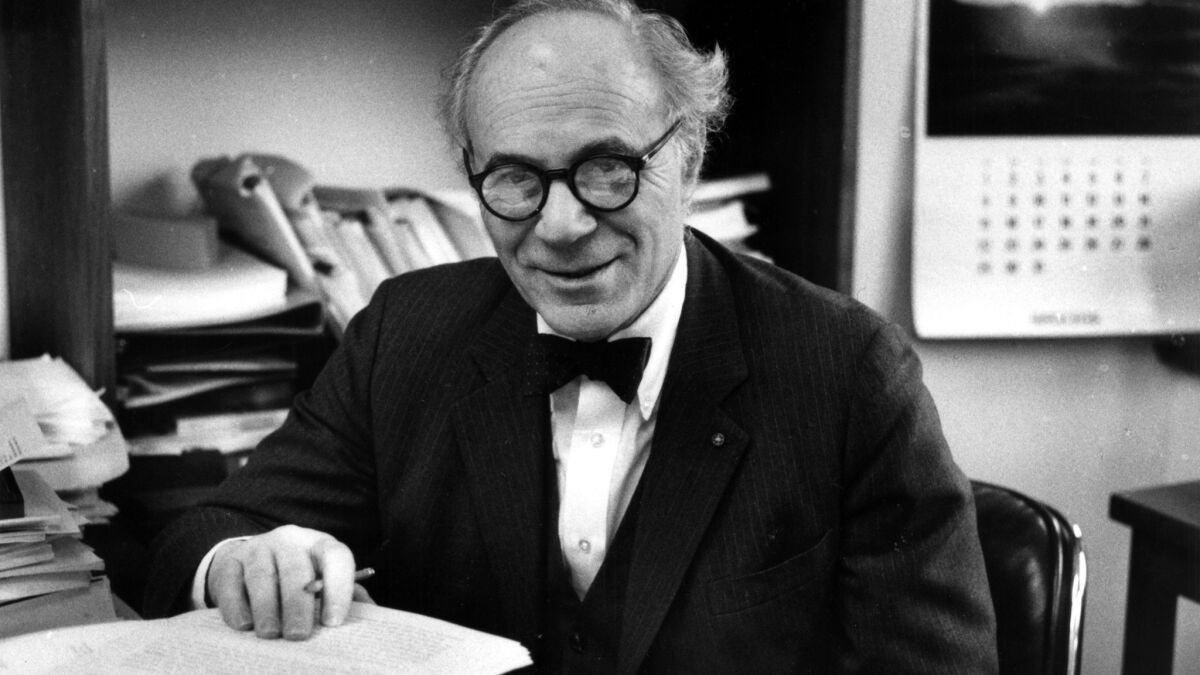Alfred Chandler was an American economist and historian born on September 15, 1918, and passed away on May 9, 2007. He taught business history at Harvard Business School and Johns Hopkins University and wrote extensively about the scale and management structures of modern corporations, which redefined the business and economic history of industrialisation. If you are interested in learning more about Alfred Chandler, keep reading this article on Zatrun.com.
Who is Alfred Chandler?
Alfred Chandler won the Pulitzer Prize for History in 1977 for his book “The Visible Hand: The Managerial Revolution in American Business”. He is a member of the American Academy of Arts and Sciences and the American Philosophical Society and is known as a “master of American business history.”
Chandler’s grandfather, Henry Varnum Poor, was the founder of Standard & Poor’s. Chandler’s grandmother was raised by the Du Pont family, which explains the origin of his surname.

Alfred Chandler graduated from Phillips Exeter Academy in 1936 and Harvard College in 1940. After World War II, he returned to Harvard, completing his M.A. in 1946 and his Ph.D. in 1952 under the direction of Frederick Merk. He held teaching positions at MIT and Johns Hopkins University before joining Harvard Business School in 1970.
Alfred Chandler based his Ph.D. thesis on the papers of Henry Varnum Poor. In the early 1960s, he studied large-scale corporations. His book, “Strategy and Structure: Chapters in the History of the Industrial Enterprise” (1962), examined the organization of companies such as E.I. du Pont de Nemours and Company, Standard Oil of New Jersey, General Motors, Sears, Roebuck and Co.
It found that executive organisation developed to respond to the company’s business strategy. The book was considered one of the most influential management books of the 20th century and was voted on by members of the Management Academy.

Chandler expanded on the importance of this executive cadre in organizing and managing large corporations as a “managerial revolution” in his book “The Visible Hand: The Managerial Revolution in American Business” (1977), which won the Pulitzer Prize. He explored the book’s topics in “Scale and Scope: The Dynamics of Industrial Capitalism” (1990) and the anthology “Big Business and the Wealth of Nations” (1997), co-edited with Franco Amatori and Takashi Hikino.
The Visible Hand
Alfred Chandler’s most significant work was “The Visible Hand: The Managerial Revolution in American Business” (1977). The first two chapters examined the history of small businesses and those run by the owners of Southern slave plantations in trade and production, respectively.
Chapters 3-5 summarize the history of railroad management, focusing on innovations in accounting, finance, and statistics, rather than technology. It then looked at new business models of enterprises such as distributors, department stores, and mail order businesses enabled by the railroad system, whose combination of mass distribution and production led to many mergers and the emergence of giant industrial corporations by the 1900s.

According to Chandler, management includes all technical systems except the CEO and includes middle management and the corporate structure of the largest companies such as Standard Oil, General Electric, US Steel, and DuPont. Chandler argued that management companies evolved to reach efficient techniques when the railroad system existed. These companies had higher efficiency and lower costs, which resulted in higher profits for the shareholders.












